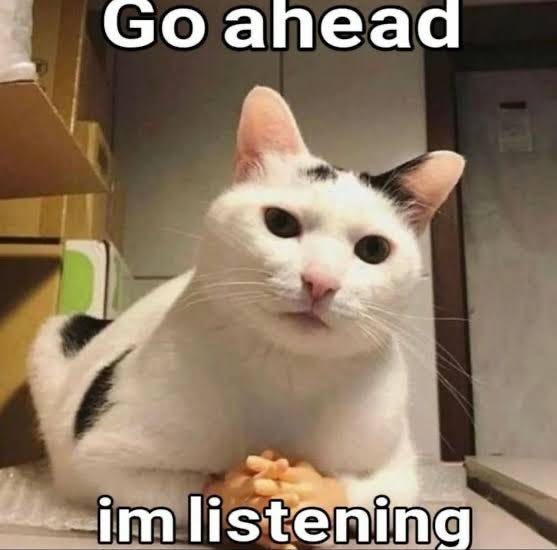How the Right People Can Help Shape Your Narrative
When I started out as a content strategist in biotech, I had no idea what I was doing. I could write, sure. But communicating science? Translating complex research into something digestible and engaging? That was a whole different ball game.
Luckily, I wasn’t alone.
I was part of a communications team that didn’t sideline me just because I wasn’t a traditional science communicator. They brought me into meetings, let me ask my million-and-one questions, and encouraged me to pitch ideas—even the ones that, in hindsight, were questionable at best.
And that made all the difference.
Great Work Needs Great People
I’ve rarely worked alone. Behind every polished article, engaging campaign, or crystal-clear piece of messaging was a team that helped fine-tune my ideas, push my thinking further, and make the work shine.
Because here’s the truth: The best communicators don’t just write. They listen. They collaborate. They seek out different perspectives.
Science communicators, in particular, cannot work in silos. We’re tasked with making data understandable, compelling, and—most importantly—human. And that requires a mix of skills beyond just writing.
🔹 Creative designers who can visualize complex concepts
🔹 Subject matter experts who ensure accuracy and depth
🔹 Content strategists who shape the bigger narrative
🔹 Editors who refine and sharpen messaging
Without the right team, even the best ideas can fall flat.
The Power of Feedback (and Sharing Your Work Wisely)
I used to be terrified of feedback. I thought sharing my drafts too early would expose how unfinished my thoughts were. But I’ve since learned that keeping your work locked away until it’s “perfect” is the fastest way to mediocre results.
Your audience’s perspective matters—so why not get their insight before you hit publish?
Whether it’s a new content strategy, an explainer video, or a LinkedIn post, test it with people similar to your target audience. What confuses them? What excites them? What do they actually care about?
Feedback isn’t just about improving your work. It’s about making sure it lands.
The Wrong People Can Hold You Back
Let’s talk about something we don’t discuss enough: Not everyone in your corner is rooting for you.
It might sound extreme, but I’ve seen it happen—people who don’t want you to grow too much, gain too much confidence, or outshine them. They might subtly undermine your work, withhold opportunities, or discourage you from taking risks.
That’s why it’s so important to have multiple sources of guidance in your career.
When I first became a content strategist, I was lucky to have a manager who saw my potential and actively helped me grow. With that support, I gained confidence, refined my skills, and climbed the ladder—first as a Content strategist, then a Content and communications specialist, even briefly a Digital manager as I experimented with different roles, before landing as a Content and Communications manager and finally, a Communications manager.
But imagine if I had been stuck under a boss who saw me as a threat instead of an asset? (which I briefly was). My journey could have looked very different.
Find Your People & Build Something Great
The best science communicators aren’t just talented—they’re supported. They have a team that sharpens their ideas, challenges them to think bigger, and amplifies their work.
So if you’re trying to grow in this field, find your people. Share your work, get feedback, and don’t be afraid to learn from those who see things differently.
And most importantly? Never do it alone.
If you don’t have anyone in your corner at the moment, I’d gladly be there. Just send me a message.
Warmly,
Faridah






